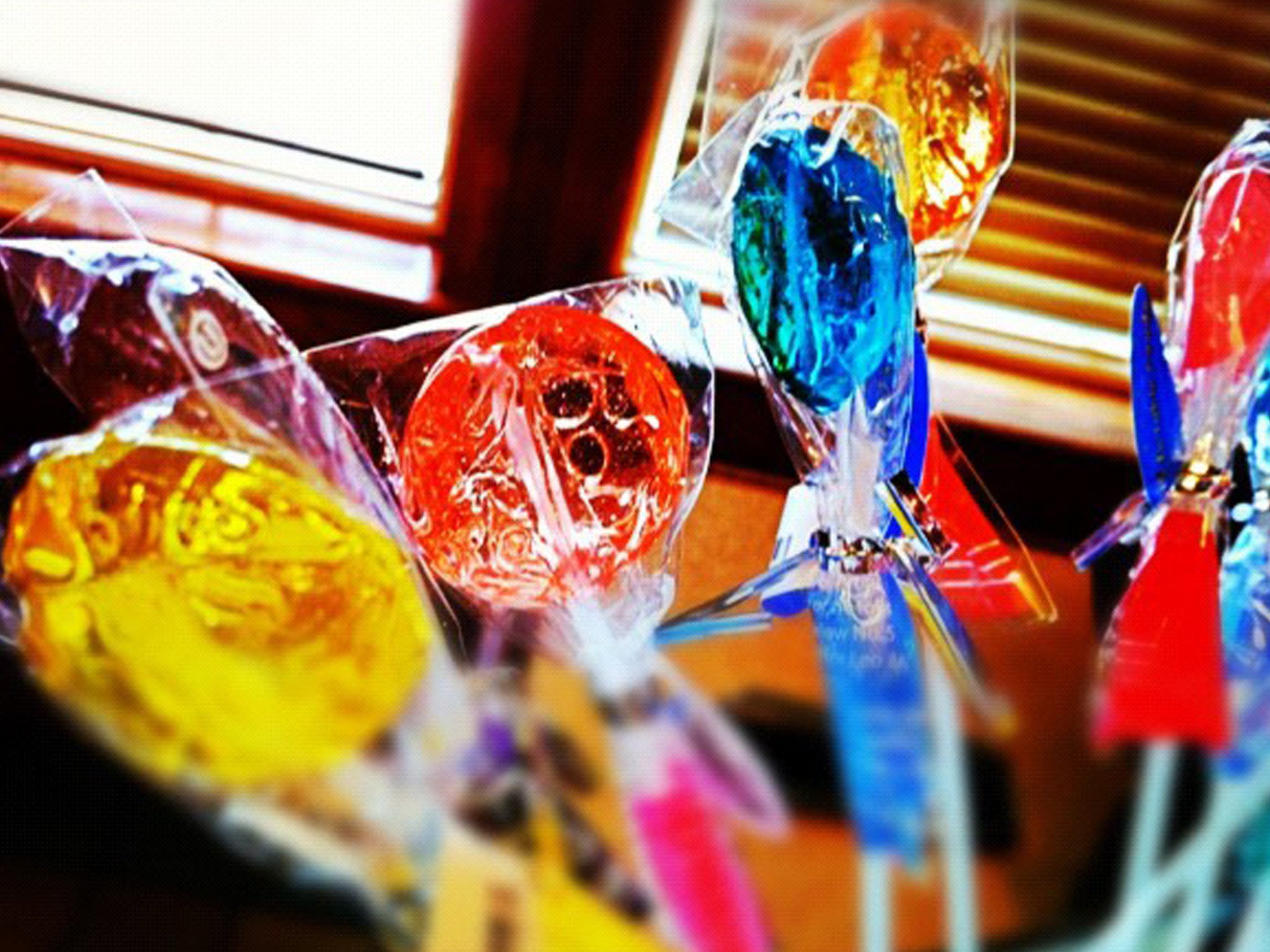Digital lollipop simulates taste through electric currents
Virtual reality device tricks the brain into thinking you are tasting food by simulating the four main taste groups.

A digital lollipop capable of creating different taste sensations through virtual reality has been created by researchers.
The electronic device is placed on the tongue and works by stimulating taste buds with electric currents. An extra trick of varying temperatures is also included to help fool the brain into thinking you are tasting food.
The device is capable of simulating all four of the main taste groups - salt, sweet, sour and bitter.
Nimesha Ranasinghe, the engineer who led the research at the National University of Singapore, believes the technology could one day be implemented in homes to allow viewers to taste the food made on cookery programmes.
“We have found noninvasive electrical and thermal stimulation of the tip of the tongue successfully generates the primary taste sensations," he told New Scientist magazine.
Introducing the device on his online portfolio, Mr Ranasinghe explains: “The system is capable of manipulating the properties of electric currents (magnitude, frequency, and polarity: inverse current) to formulate different stimuli. Currently, we are conducting experiments to analyze regional differences of the human tongue for electrical stimulation.”
Other than for entertainment value, the engineer, who recently completed a PhD, believes that the technology could one day have a medical use.
“People with diabetes might be able to use the taste synthesiser to simulate sweet sensations without harming their actual blood sugar levels. Cancer patients could use it to improve or regenerate a diminished sense of taste during chemotherapy,” he said.
Join our commenting forum
Join thought-provoking conversations, follow other Independent readers and see their replies
Comments
Bookmark popover
Removed from bookmarks